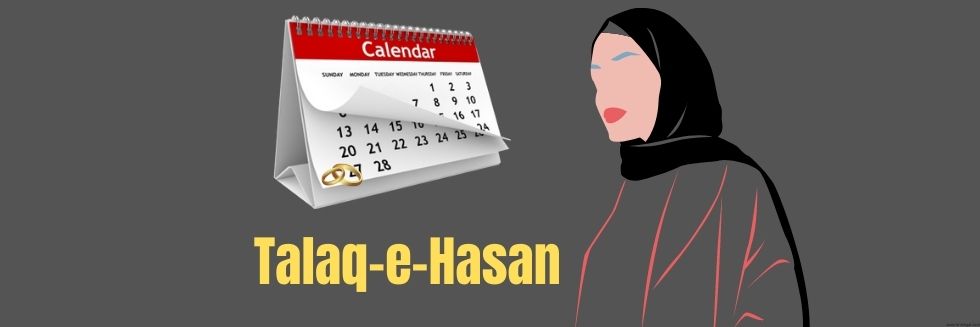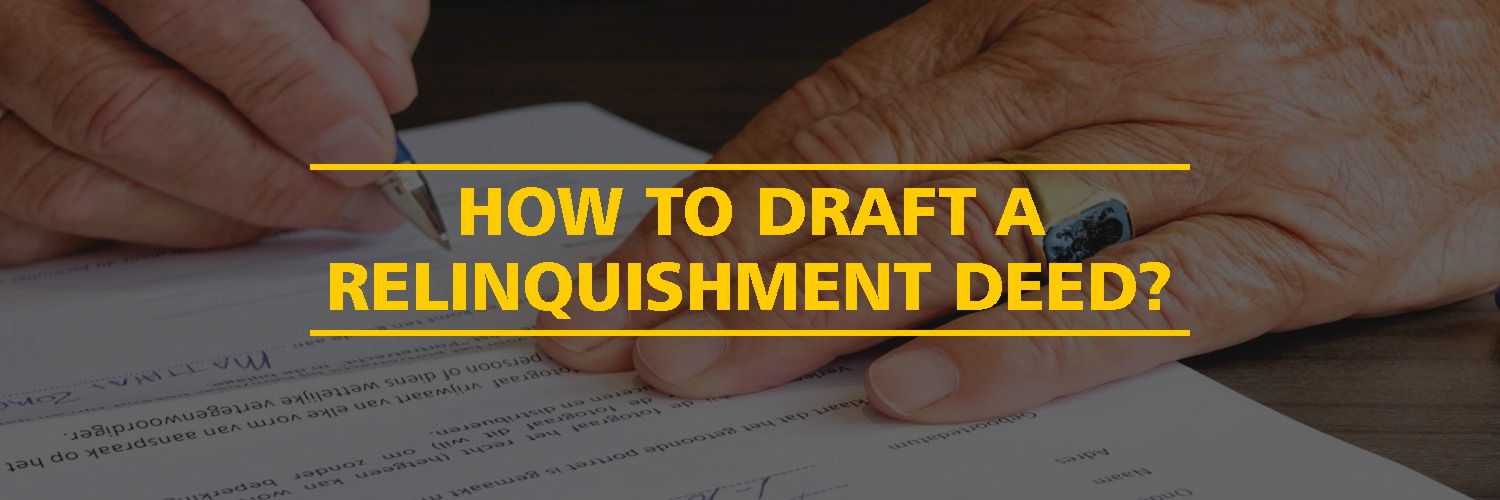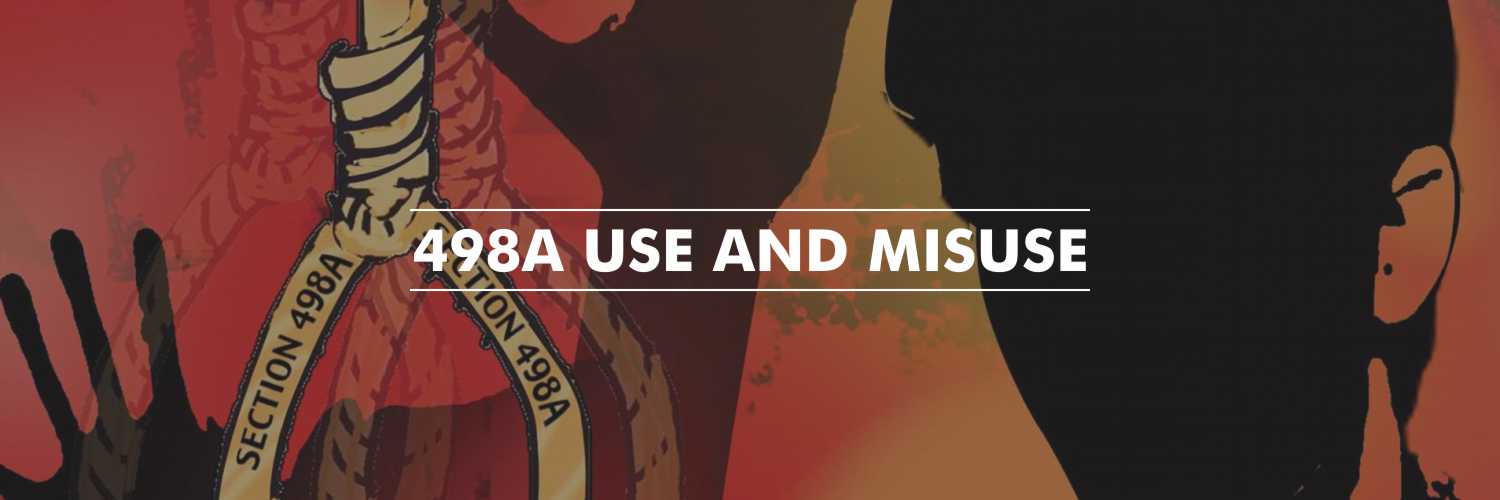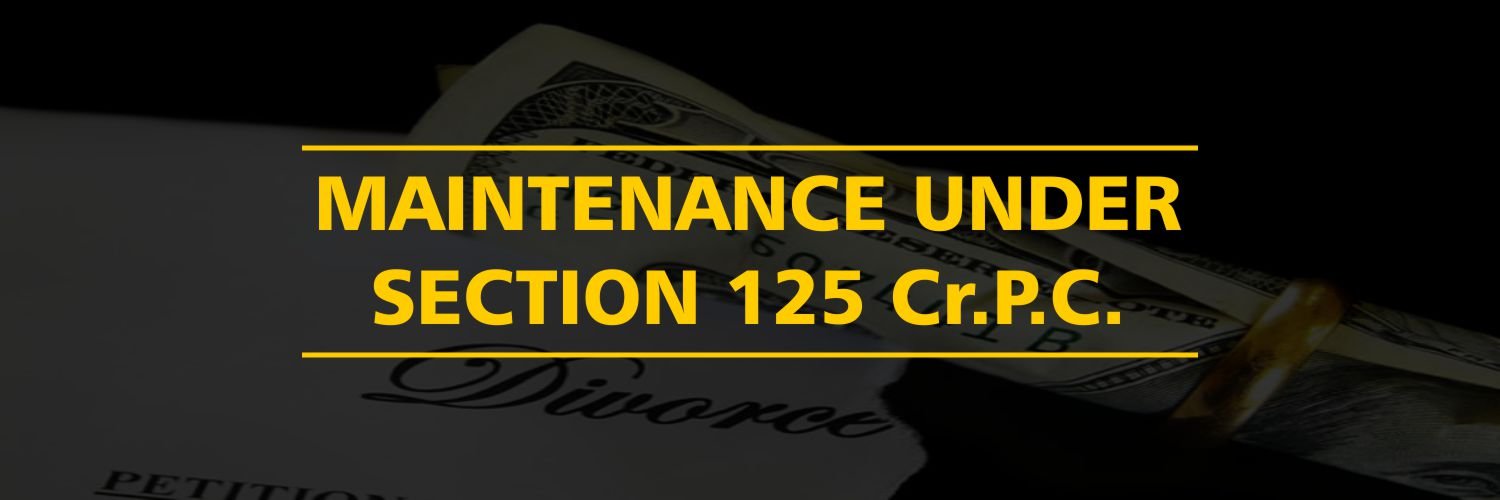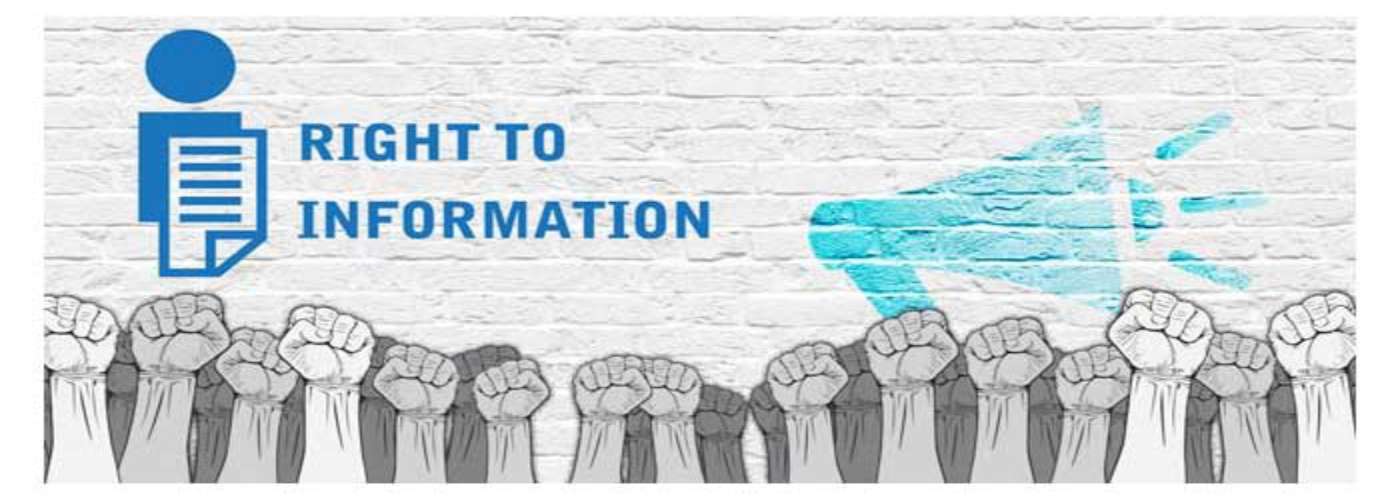Talaq-e-Hasan is a type of extra-judicial divorce mentioned under Islam that only men can practice. In this, a man can divorce his wife by saying the word ‘Talaq’ in three installments over three months. It is a revocable form of divorce. Extra-judicial divorce forms are approved by Prophet Mohammad and are valid under all schools of Muslim law.
- The husband has to make sure that the wife is not menstruating when he’ll be pronouncing ‘Talaq’.
- There needs to be a gap of one month between all three pronouncements.
- These three months are also known as a period of abstinence.
- The duration for this ‘Iddat period is 90 days or three menstrual cycles or three lunar months.
- In case, the couple starts cohabitation during the abstinence period, the divorce will be revoked.
- The idea behind this period of abstinence is that the evil of divorce doesn’t become final at once.
Though Triple Talaq Is Banned In 2019, Why Is It Challenged?
In a landmark Shayara Bano v Union of India judgment in 2017, the Supreme Court declared Talaq-e-Biddat unconstitutional. It was a form of extra-judicial divorce when a man pronounces ‘talaq’ thrice in just one sitting and marriage between the two parties gets dissolved.
Triple talaq was declared unconstitutional by a five judge bench on grounds of being arbitrary and against the Quran. These are two different forms of divorce and therefore need to be challenged separately.
What Is The Muslim Legal Fraternity’s Say On Banning Talaq-e-Hasan?
“Divorce was introduced in Islam to give an option to both men and women to end a marriage in case they are not leading happy lives together. Talaq-e-Hasan is the procedure of divorce to be followed by men mentioned in Quran. There is nothing arbitrary about it because women also have the right to take divorce, the process of initiation of divorce at the instance of a woman is called ‘Khula’. Talaq-e-Hasan is an essential religious practice,” said Fidous Wani, Advocate-on-Record Supreme Court of India.
“Quran gives both men and women the right to divorce in case they’re unable to keep their marriage. For men the procedure given by Quran is Talaq-e-Hasan; for women the procedure to give divorce is called khula. Since women in Islam are also given the right to divorce a man in case they are unhappy in marriage, there is no question of talaq practice being unilateral. Talaq-e-Hasan cannot be declared unconstitutional because it is a procedure to seek dissolution in marriage and declaring it unconstitutional will deprive men from their right to seek divorce as per his religion,” opined Senior Advocate Firdouse Mirza.
Will Banning Talaq-e-Hasan Deprive Men Of Their Rights?
Article 25 of the Indian Constitution allows every citizen the freedom to profess, practice and propagate religion. All personal laws, including the Muslim Personal Laws (Shariat) Application Act of 1937, draw their powers from Article 25. Islamic personal laws have recognised extra-judicial divorce procedures and therefore, Shariat Act allows extra-judicial divorce proceedings legally.
Men as well as women have the option to practice extra-judicial divorce. Men can get a divorce through Talaq-e-Hasan and women can practice it through Khula. A Muslim woman can also get a divorce through pronouncements or legal notice under Section 2 of the Muslim Personal Law (Shariat) Act, 1937.
Kerala High Court has confirmed that the same Section statutorily recognised the personal law and dissolution of marriages without the intervention of court through ‘talaq,’ ‘illa,’ ‘zihar,’ ‘lian,’ ‘khula’, ‘mubaraat’ etc.
The court had noted that, “Modes of extrajudicial divorce as referred in Section 2 of the Shariat Act of 1937 remain untouched by the Dissolution of Muslim Marriages Act. The provisions of the Act never intended to do away with the practice of extrajudicial divorce otherwise available to a Muslim woman.”
The High Court bench also noted that Muslim women have unconditional and absolute right to invoke Khula.
“Upon examining the text of the Quran, the writings of Muslim scholars on the subject, case laws on the issue and submissions made by the counsel assisting the Bench, the Court observed that Muslim women have an unconditional right to invoke Khula. The signification of invoking khula is absolute and does not depend upon the consent or assent of the husband,” the bench had observed.
As Muslim women also have the right to practice extra-judicial divorce, a challenge to the constitutional validity of a man’s right to pronounce extra-judicial divorce on his wife is violative of Article 14 and Article15 becomes questionable.
This article is written by Varsha. You can reach out to the author via email at bnbvarsha@gmail.com.
